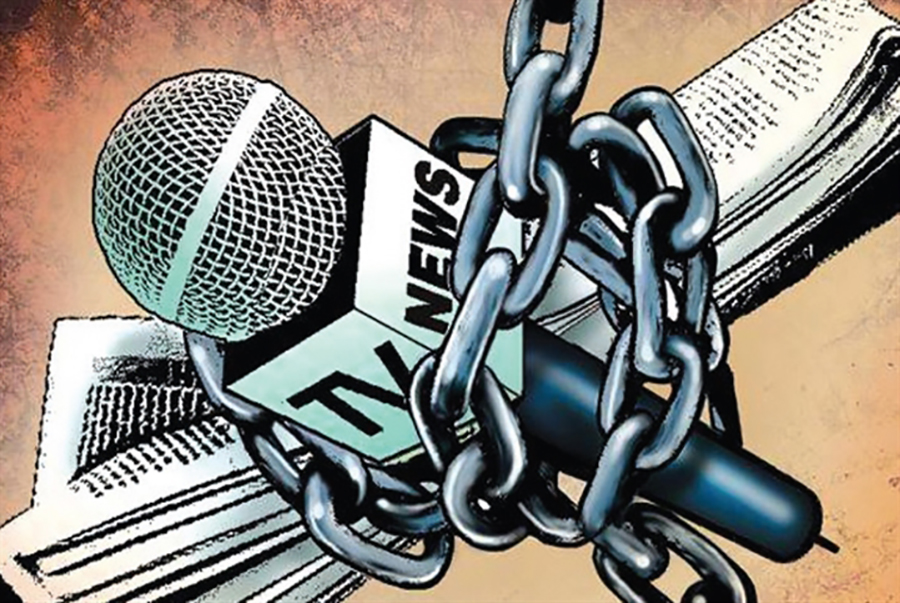
Sudan: War Raging in Darkness
Youssef Hamad
The Sudanese Journalists Union stated that hundreds of journalists, including 112 female journalists, have left their homes in the capital Khartoum for provinces or outside the country due to the war. Media and journalistic institutions, including the building of the state TV and radio seized by the Rapid Support Forces, have also been disrupted.
Since the outbreak of the war in mid-April, media and journalistic institutions have been halted, and the war has been raging in darkness. The conditions have become favorable for the return of a familiar pattern of media manipulation and control, characterized by propaganda, misinformation, and biased reporting in information and news dissemination.
Both warring parties, the army and the Rapid Support Forces, have been actively engaged in this propaganda effort to score points in the war, utilizing the reach provided by online social media platforms. They have employed aggressive and unrestricted propaganda campaigns, incorporating hate speech, racism, and tribal mobilization.
The Journalists Union highlighted the extremely complex circumstances that journalists are facing in the midst of the war, preventing them from performing any journalistic duties. These challenges include censorship, confiscation of equipment, Sudanese media institutions halting wage payments, and even layoffs of journalists by some outlets.
For journalists who fled the war in West Darfur across the border to Chad, the situation is extremely difficult. They have to trek dozens of miles on foot to reach the border, then live in displacement camps despite exhaustion, illness, and a lack of necessary healthcare.
The harsh treatment of journalists has resulted in Sudans journalistic history being marked by repression. Whenever a coup occurs in the country, media institutions are swiftly shut down, followed by the suppression of unions, political parties, and human rights organizations. Journalists also face arrests and restrictions alongside political groups under both coup and repressive governments.
Despite some instances of alignment between publishers and media owners with dictatorial regimes, editors have shouldered the responsibility of maintaining the independence of their profession, often paying a high price in their confrontation with oppressive systems.
Following the fall of Omar al-Bashirs regime, Sudans press enjoyed a level of freedom achieved thanks to the December 2018 revolution. The revolution compelled Abdel Fattah al-Burhan, then head of the military council, to suspend the restrictive laws on freedoms, including the press and publications law, and certain sections of the security agency law.
However, the coup carried out by the army chief and the leader of the Rapid Support Forces on October 25, 2021, blocked the path for a just press and publications law that the Ministry of Culture and Information had proposed. This law had opened wide participation for journalists. When the war between the two generals erupted last April, everything related to the press ended in a tragedy.

